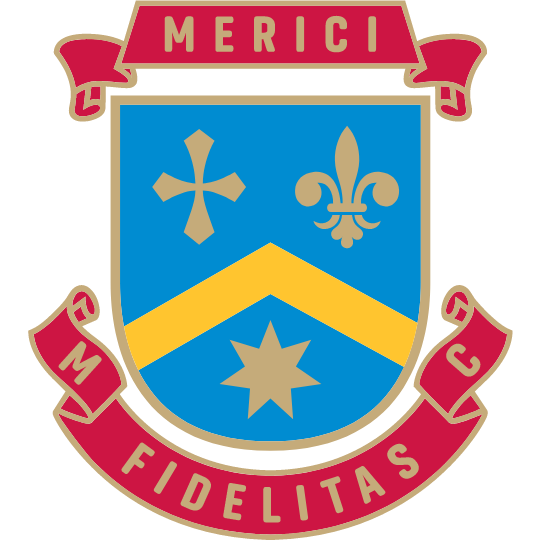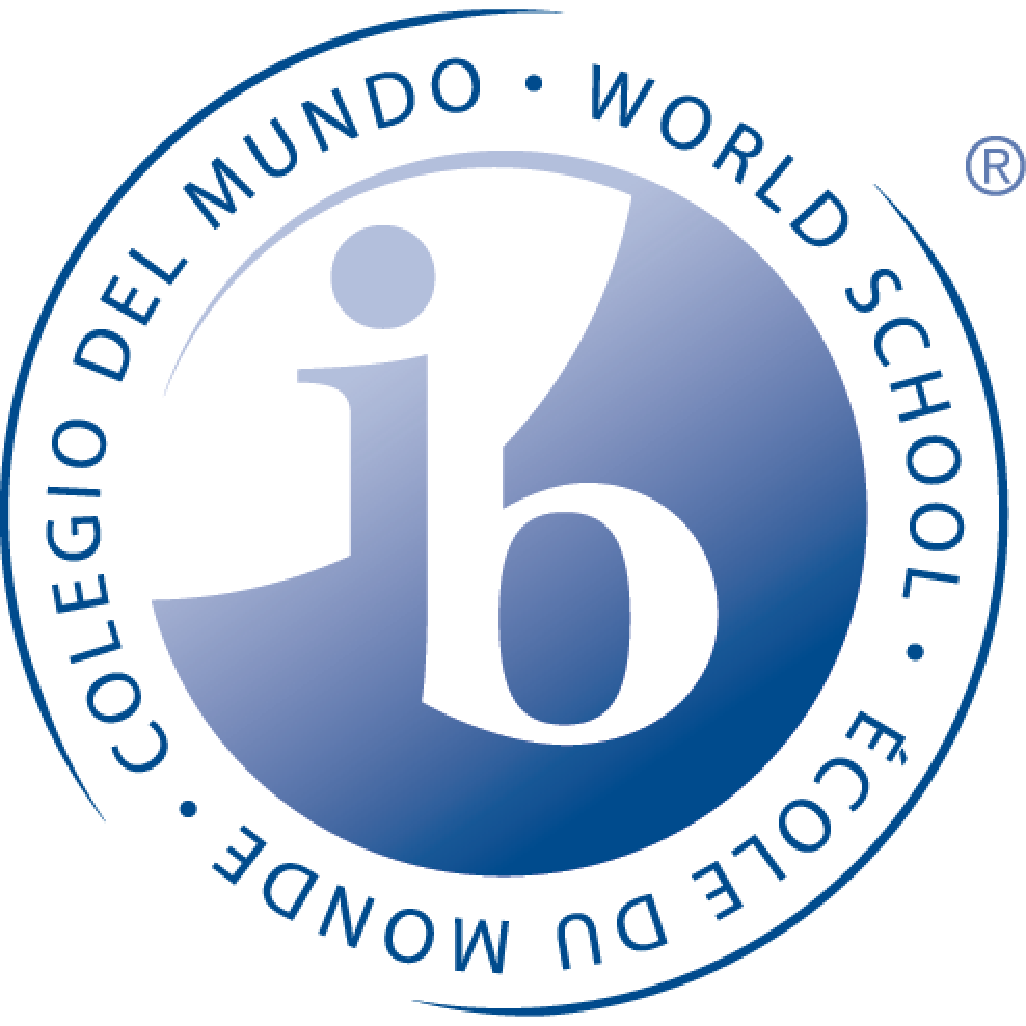Academic Integrity BSSS
Related Merici Policies
Assessment
Homework
Rationale/Purpose
- To clarify plagiarism and dishonesty in the senior years: Year 11 and 12.
- To provide detail of the processes followed in determining and dealing with plagiarism and dishonesty.
- To ensure that appropriate documentation is provided to meet BSSS requirements.
Please refer to the full policy attached.
Policy PDFReturn to policies




